Is alcohol use good or bad?
2010champsbcs
9 years ago
Related Stories

GARDENING AND LANDSCAPINGBid Bad Garden Bugs Goodbye and Usher In the Good
Give ants their marching orders and send mosquitoes moseying, while creating a garden that draws pollinators and helpful eaters
Full Story
LANDSCAPE DESIGNGood Fences, Good Neighbors — and Good Views
See-through vertical fencing connects a yard with its surroundings while keeping children and pets safely inside
Full Story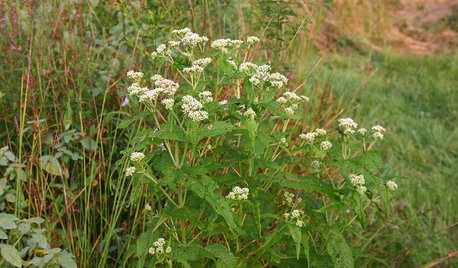
GARDENING GUIDESGreat Design Plant: Common Boneset Helps Good Bugs Thrive
Support bees, moths and butterflies with the nectar of this low-maintenance, versatile and tactile prairie-style plant
Full Story
FURNITUREHow to Keep Your Upholstery Looking Good
You wouldn't expect your car to maintain itself. Show your sofa and chairs the same courtesy with this 3-part strategy
Full Story
GARDENING AND LANDSCAPING4 Good Ways to Get Rid of Mosquitos in Your Yard
Stay safe from West Nile virus and put an end to irksome itches with these tools and methods for a porch, patio or yard
Full Story
LIFE6 Tips for Teaching Your Kids to Be Good Neighbors
Everyone wins when your children learn to respect boundaries, get help when they need it and show others they care
Full Story
MORE ROOMSHome Tech: Speakers Matter (and Can Look Good, Too)
See why high style and high fidelity needn't be mutually exclusive
Full Story
PETS15 Doggone-Good Tips for a Pet Washing Station
Turn a dreaded chore into an easier task with a handheld sprayer, an elevated sink or even a dedicated doggie tub
Full Story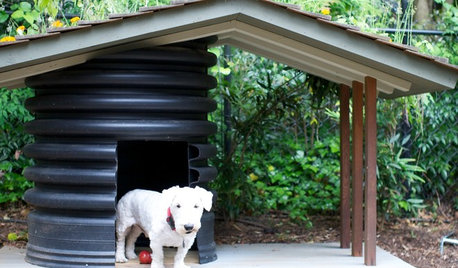
PETSHow to Help Your Dog Be a Good Neighbor
Good fences certainly help, but be sure to introduce your pup to the neighbors and check in from time to time
Full Story
ARCHITECTUREWhat the Heck Is 'Good' Design Anyway?
We yearn for it and strive for it, but good home design isn't always easy to grasp. These 8 prescriptions from an architect can help
Full Story





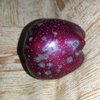
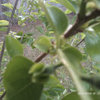
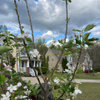
appleseed70
appleseed70
Related Professionals
Garden City Landscape Architects & Landscape Designers · Panama City Landscape Architects & Landscape Designers · South Elgin Landscape Architects & Landscape Designers · Towson Landscape Architects & Landscape Designers · Dinuba Landscape Contractors · Mastic Beach Landscape Contractors · Norristown Landscape Contractors · North Lauderdale Landscape Contractors · Oklahoma City Landscape Contractors · Petaluma Landscape Contractors · Rancho Santa Margarita Landscape Contractors · Stallings Landscape Contractors · West Coon Rapids Landscape Contractors · Quartz Hill Landscape Contractors · Shafter Landscape Contractorssteve333_gw
rhizo_1 (North AL) zone 7
2010champsbcsOriginal Author
copingwithclay
Fascist_Nation
rhizo_1 (North AL) zone 7
appleseed70
alan haigh
copingwithclay
appleseed70
alan haigh
copingwithclay
alan haigh
appleseed70
Kippy
appleseed70
appleseed70
Kippy